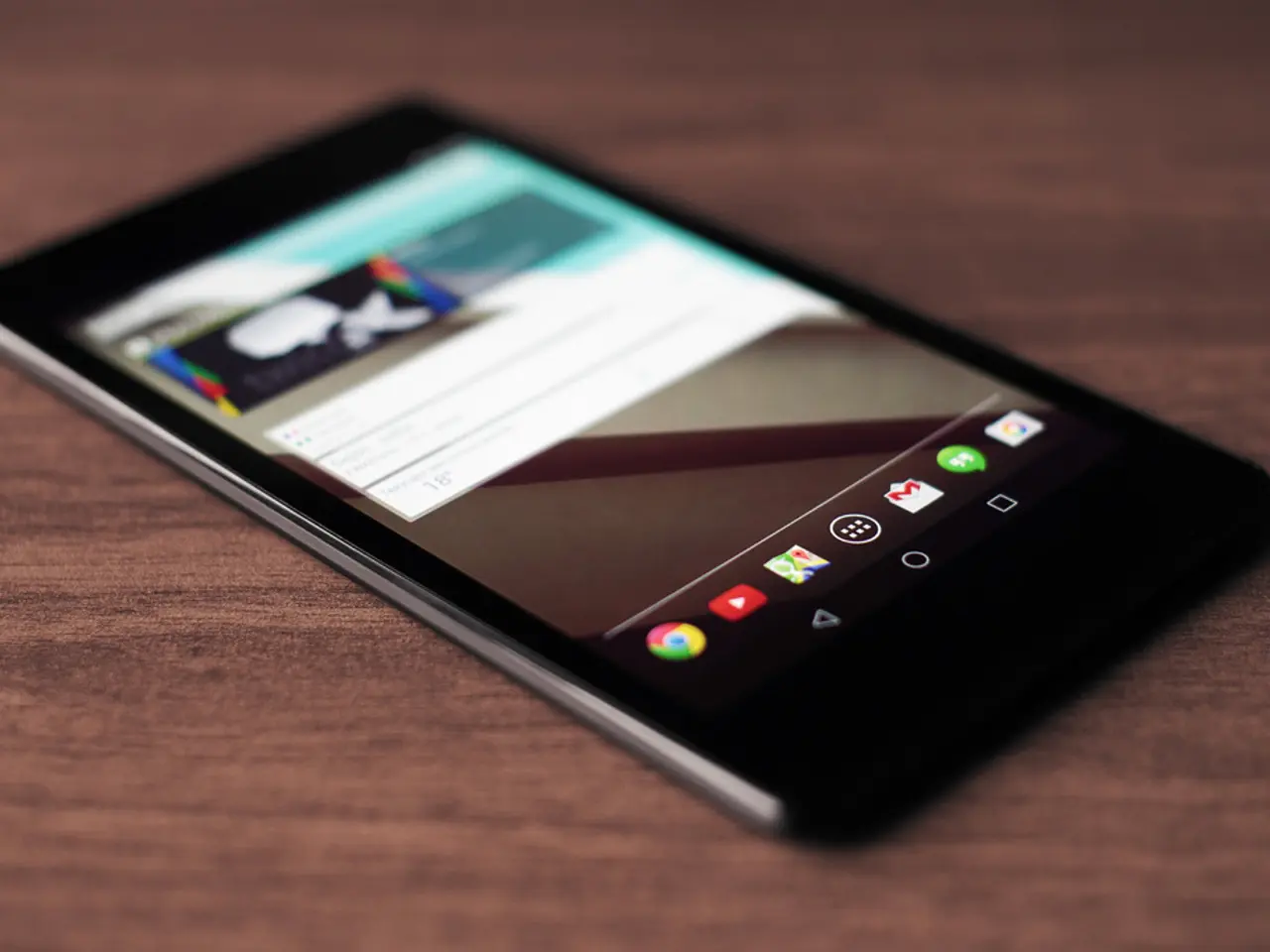LG was mandated to compensate £150,000 due to a phone malfunction leading to a house fire in Scotland.
In North Lanarkshire, Scotland, Denise Parks, a local resident, has won a significant lawsuit against LG Electronics. The court in Edinburgh ruled that an LG K8 smartphone, issued to Parks by her employer, North Lanarkshire Council, was the cause of a house fire that occurred on October 31, 2018.
The fire, which broke out around 3 a.m., filled Parks' Coatbridge home with smoke, waking her and her husband. Emergency services were called, and Parks was treated for smoke inhalation. The incident left a lasting impact on Parks' mental health, with a psychologist concluding that she suffered a worsened mental condition following the fire. As a result, Parks was absent from work for three months.
The fire was localized to the living room where three devices were plugged in and charging. These included an Acer Aspire ES 13 laptop, a Samsung Galaxy S7, and the LG K8, all connected to the same extension cord. Forensics experts Darren Green and Mark Phillips assessed the damage to the devices and the Parks' home, finding that the LG K8 was significantly fire-damaged compared to the other devices.
The inside of the LG K8 battery was fire-damaged, with the battery being distended, having a hole in it, and most of the plastic and combustible materials of the device's body being consumed by the fire. In contrast, the Samsung's internal and external parts suffered little fire damage, and one of the three pouch cells inside the Acer's lithium-ion battery was missing, but the two remaining were undamaged.
The HTC charger used to charge the LG K8 was not substantially damaged and delivered voltage and amps within LG's guidelines. However, Sheriff Robert Fife of Edinburgh Sheriff Court concluded that the LG K8 was defective, did not meet the standard of safety expected, and breached the Consumer Protection Act 1987.
LG was ordered to pay Parks £149,496 (approximately $200,000), mostly going to her insurer but also including compensation for her injuries. The company did not appeal the decision and, despite having exited the smartphone market in 2021, remains liable for the defective product.
This case highlights the legal responsibility manufacturers maintain for their products, even after ceasing production. LG has not yet issued a statement regarding the ruling.
Denise Parks' victory against LG Electronics spotlights the enduring liability of manufacturers for their products, as demonstrated by the LG K8 smartphone's alleged role in a house fire caused by a battery defect that breached the Consumer Protection Act 1987, leading to injuries and damages, despite LG ceasing production in 2021. The incident, which resulted in Parks' extended absence from work, also underscores the potential dangers posed by defective AI-integrated gadgets such as smartphones and their influence on users' lives and wellbeing.




